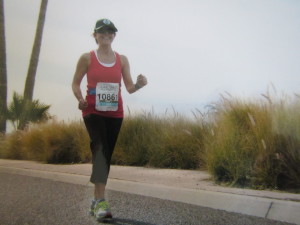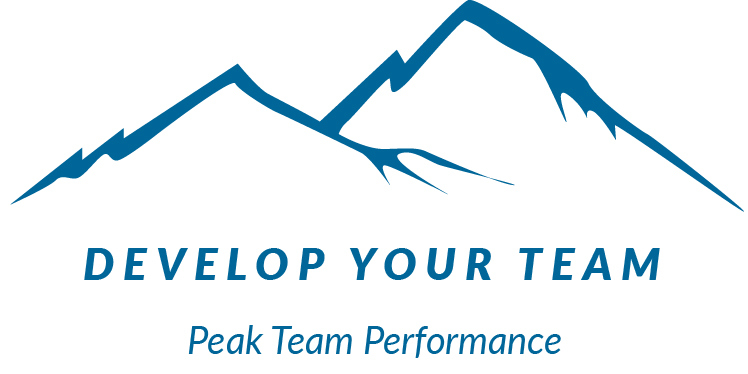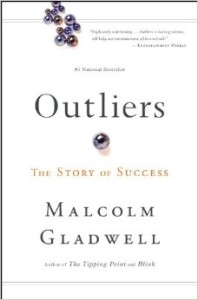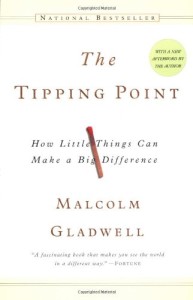I stumbled while running the other day. Fell, actually. Pretty much flat-out. I’m happy to report that I did get up, and, after taking a quick inventory of scrapes and what would soon be bruises, kept on going. Just like we do in life, right? Later, I analyzed what had happened. Why did I fall? Because I had my eyes on something I  was trying to reach up ahead and neglected to also pay attention to the (uneven) ground right in front of me.
was trying to reach up ahead and neglected to also pay attention to the (uneven) ground right in front of me.
This is very much like working to achieve goals in work, school, and life. While we need to keep our eyes on the end-goal, the ultimate prize, we also need to attend to those things right in front of us. If we don’t, we might find ourselves stumbling so often that we never reach the goal. On the flip side, there is a risk in focusing too much on the minutia where it’s easy to get side-tracked or otherwise entangled in obstacles.
If we stumble now and then, is that such a bad thing? What if we never challenge ourselves enough to risk failing? If we stumble on our way to the goal, might it mean that we are growing and stretching our capabilities? Too much caution could bog us down, keeping us from moving forward at all. So balance is important, moving forward, but with purpose and focus on many levels.
And what if attention to detail just isn’t your strength? Or goal-setting is a challenge? These may be good opportunities for collaboration, perhaps developing a team of people that have many and varied strengths to offer. A team of this sort also offers support of another kind, as members hold each other up while all are learning and building new skills.
What strategies have you used in the past to balance between the end goal and the specific steps to get there? What new ideas do you think you could try tomorrow?




